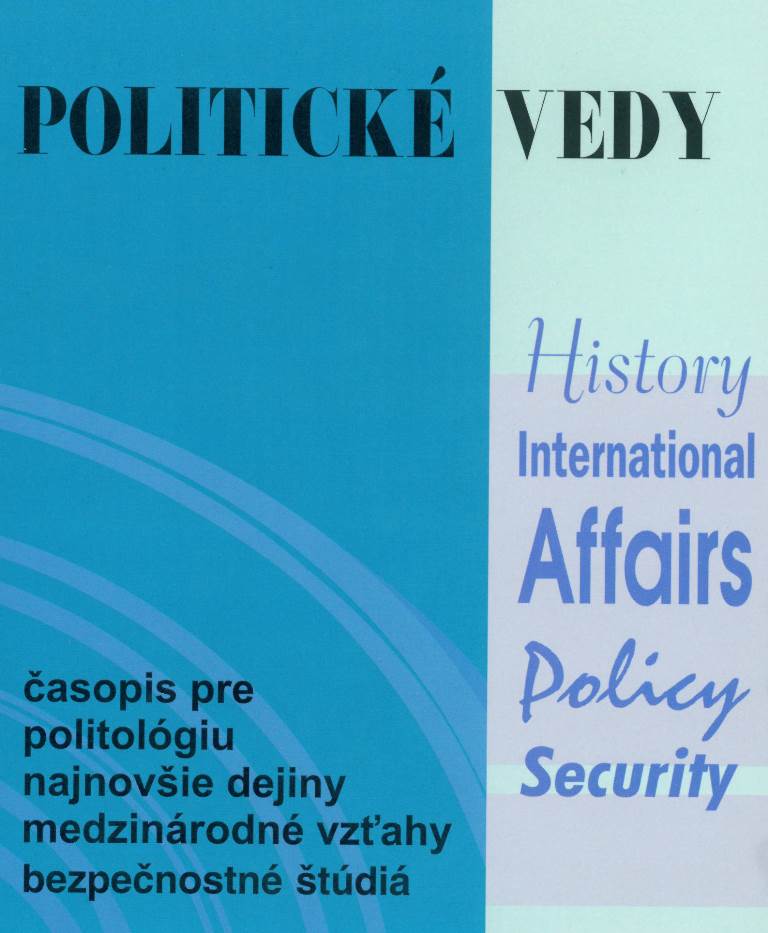How Carl Schmitt and the Copenhagen School Are Still Relevant for Understanding Turkey: The Presidential System Explained through a Security Narrative
How Carl Schmitt and the Copenhagen School Are Still Relevant for Understanding Turkey: The Presidential System Explained through a Security Narrative
Author(s): Srđan Mladenov Jovanović, Ajdin ĐidićSubject(s): Politics / Political Sciences, Politics, Political Philosophy, Political Theory, Philosophy of Law
Published by: Univerzita Mateja Bela
Keywords: Carl Schmitt; the Copenhagen school; Turkey; presidential system; securitisation;
Summary/Abstract: Much was said on Turkey’s modes of governance, especially during the ever-changing policies and discourses promoted by Recep Tayyip Erdoğan. Nevertheless, the post-2016 rhetoric promulgated primarily by Erdoğan, which saw securitisation as the hub of the discourse, still has not functioned as a point of scholarly analysis. Filling that gap, we propose to look at Turkey’s recent securitisation narrative and the insistence on the change to a presidential system through the lens of the Copenhagen School’s thought, as well as the work of Carl Schmitt. As the Copenhagen School defines ‘security’ in broad terms such as ‘survival’, it is not a huge step to make the connection between this theoretical position and Erdoğan’s hyperbolised security rhetoric. Similarly, Schmitt’s concept of sovereignty, and his insistence that the sovereign cannot be constrained by standard norms and regulations, serve well to explain Erdoğan’s insistence on attaining more political power. The article shows a change in politcy towards increased securitisation.
Journal: Politické vedy
- Issue Year: 21/2018
- Issue No: 2
- Page Range: 8-25
- Page Count: 18
- Language: English

